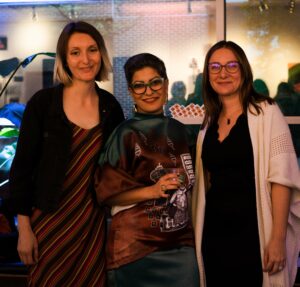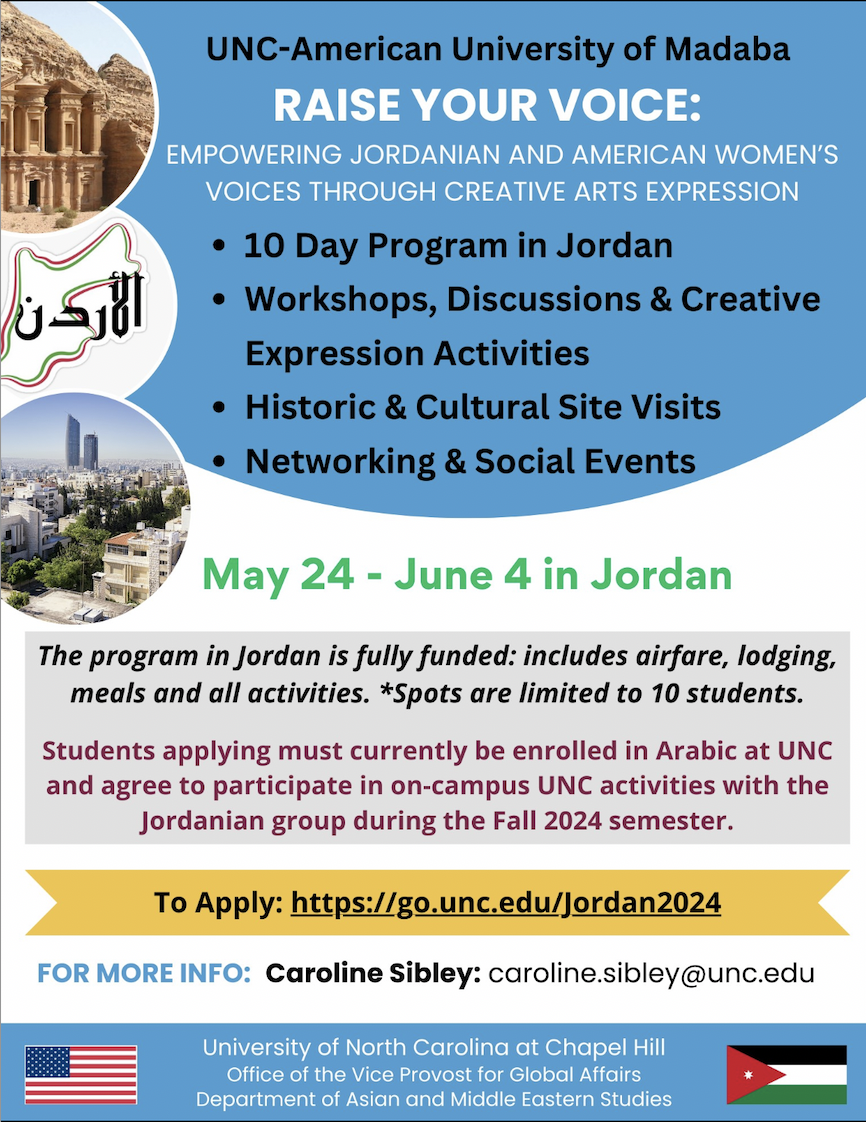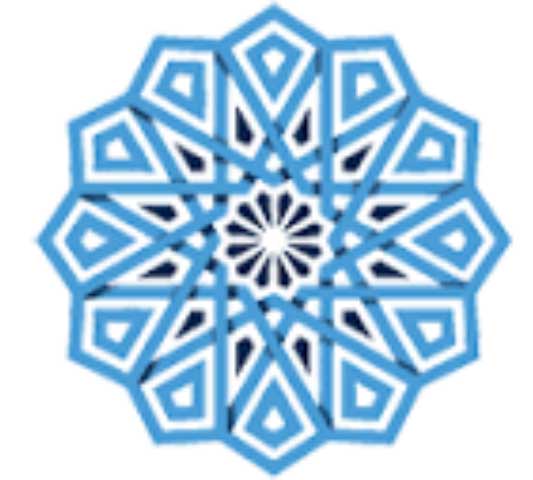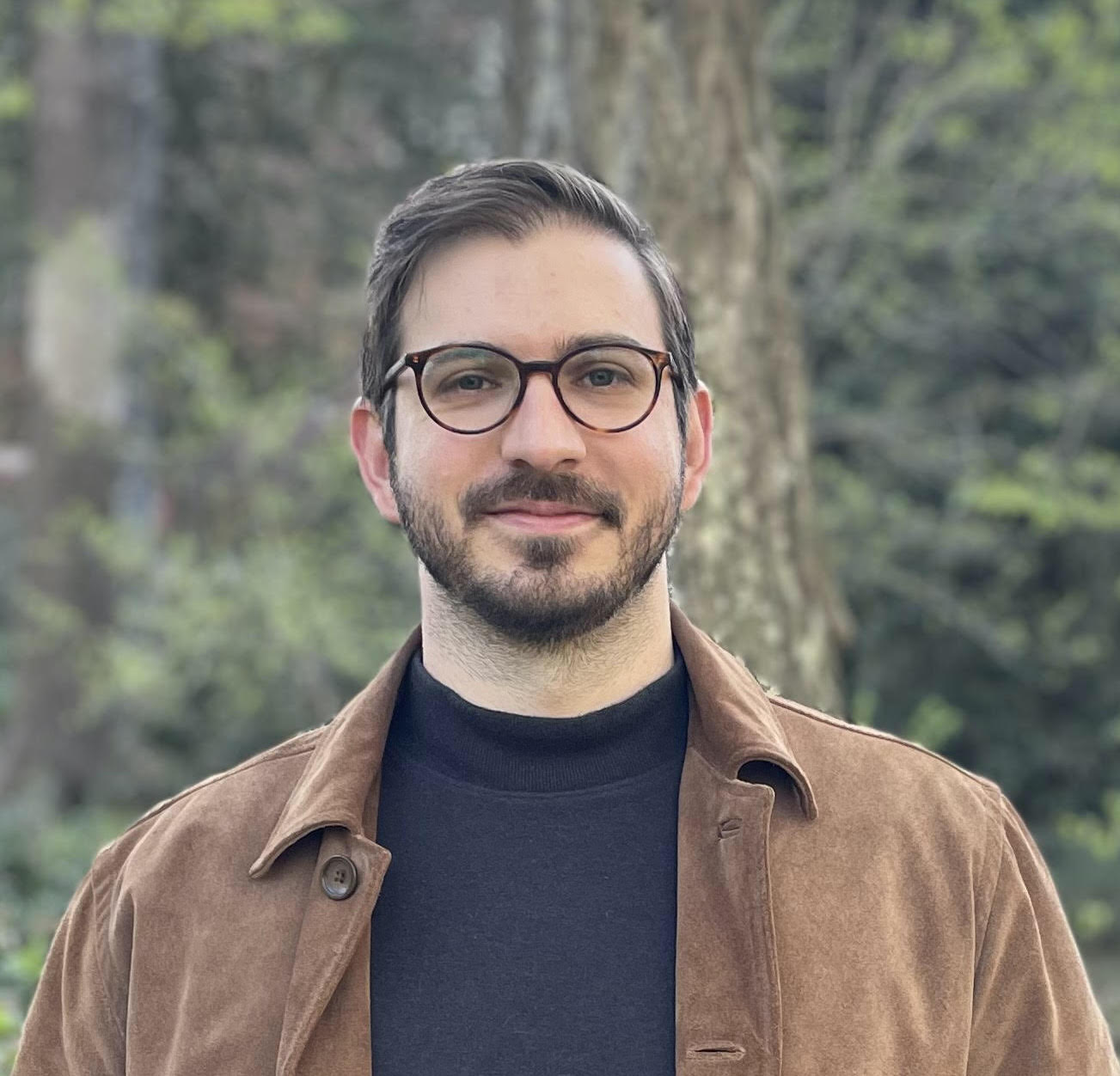On Friday March 3, 2023 the UNC Center for Middle East & Islamic Studies (CMEIS) celebrated it’s 20th anniversary with a night full of entertainment! We started with a reception for longtime community supporters, leadership, faculty, staff, and graduate student members of the center.
Make a Gift to the Center for Middle east and Islamic Studies


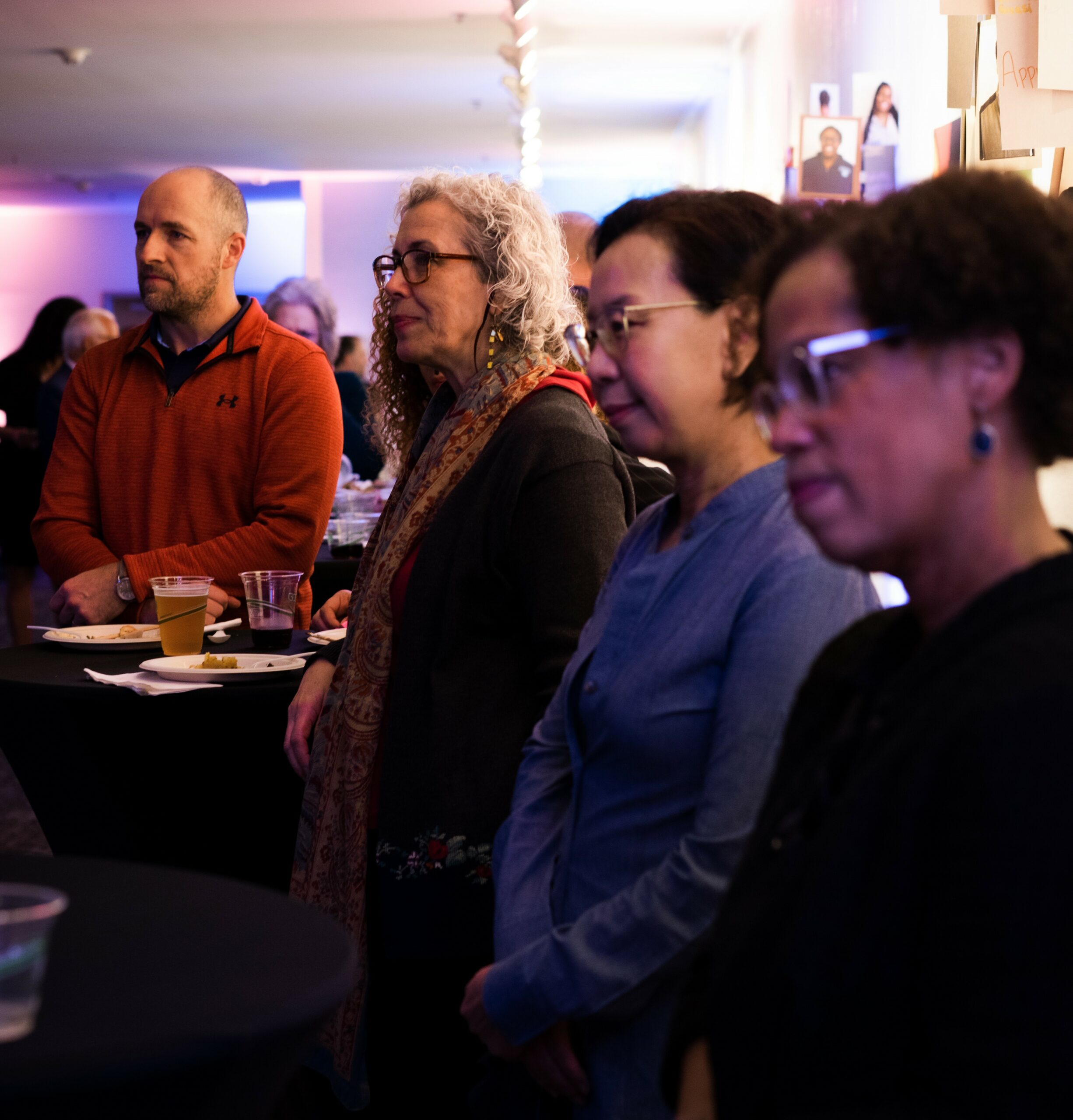


We heard remarks about the history of the center, its evolution, and the role it plays today from Dr. Claudia Yaghoobi (current Director), Dean White (UNC College of Arts and Sciences), Dr. Carl Ernst (past-Director and co-founder), and Charlie Kurzman (consortium Director and co-founder).



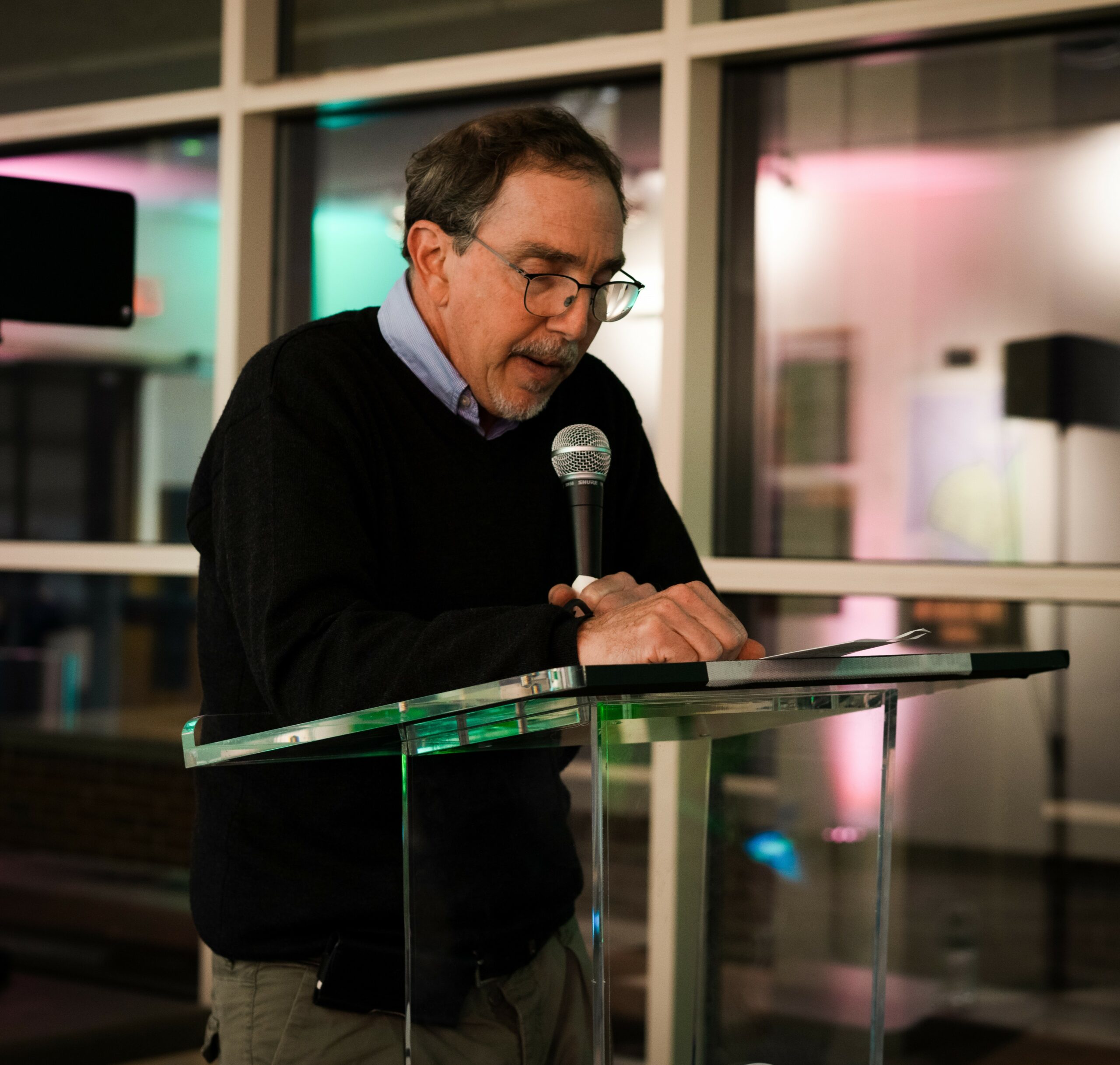
Next we laughed so hard we nearly cried, thanks to the performance of stand-up comedian Tehran Ghasri. Tehran is a comedian, actor, host, television and radio personality, and philosopher with a law degree. Self-described as part Black, part Persian and part amazing, Tehran has been compared to a mix of Dave Chappelle and Stephen Colbert meets Maz Jobrani.
This was followed by a hip-hop show featuring Omar Offendum, a rapper/poet based in Los Angeles, who is known for his unique blend of Hip-Hop & Arabic poetry. He was accompanied by Ronnie Malley. a Palestinian-American musician, actor, producer, educator, and executive director of Intercultural Music Production in Chicago.


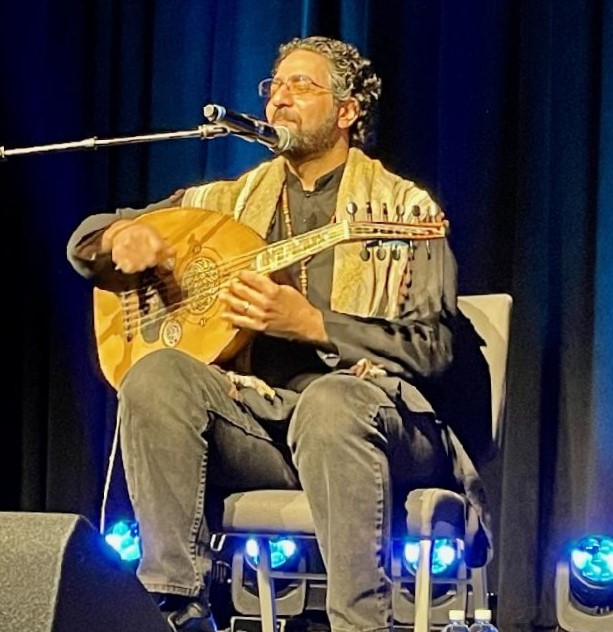
Thank you to all who attended, for sharing in the joy of our center’s accomplishments over the past twenty years, and to our steadfast supporter for over the decades. Here is a highlight of twenty of the most significant accomplishments of the center over the past twenty years. Enjoy!
20 Incredible accomplishments over 20 years:
- Summer 2005: Inauguration of the Carolina Study Abroad Program in Jordan, the first of several Carolina Study Abroad Programs in the region
- Fall 2006: Approval of a new major concentration in Arab cultures through the Department of Asian Studies
- Fall 2007: Development of Languages Across the Curriculum (LAC) courses in Arabic, which have been offered almost continuously ever since
- Fall 2009: Introduction of the Islamic and Middle Eastern studies minor
- June 2010: Award of funding from the U.S. Department of Education Title VI program for the first time (subsequent funding awarded in 2014, 2018, and 2022)
- July 2010: Welcoming of UNC’s first full-time lecturer in Persian
- July 2010: Welcoming of UNC’s first librarian for Middle East and African Studies
- Fall 2010: Establishment of two new graduate programs with a master’s concentration in Franco-Arab studies and a joint Duke-UNC graduate certificate in Middle East Studies
- Fall 2010: Hiring of first full-time Associate Director, to manage the Center’s activities, and Outreach Director, to lead relations with K-14 teachers and the public
- Fall 2011: Welcoming of a new tenure track position in Islamic studies, with support from the Turkish Women’s Cultural Association
- January 2012: Welcoming of a new tenure track position in Arabic, with support from the Department of Education Title VI grant funding to support more than 300 students
- Fall 2015: Welcoming of a new teaching professor in Turkish, with support from the Department of Education Title VI program
- Fall 2016: Launch of the Roshan graduate fellowship program in Persian studies, with support from the Roshan Foundation
- Fall 2015: Welcoming of a new tenure track position in Persian studies, with support from the Roshan Foundation
- Fall 2019: Welcoming of a new tenure track position in Islamic studies, with support from the Department of Education Title VI program and private donations
- June 2020: Launch of the Omar Ibn Said Initiative to support events and instructional activities on racism as it relates to Middle East and Islamic studies
- Spring 2021: Establishment of the Practitioners’ Courses initiative in hiring practitioners to teach courses on the Middle East to allow undergraduate students to engage with instructors who have lived in the region and worked in “the field” with NGOs, the United Nations, or other organizations
- Fall 2021: Introduction of the master’s program in the Department of Asian and Middle Eastern Studies
- Fall 2021: Formation of the North Carolina Arabic Teacher Council to support Arabic language programs across the state
- Summer 2022: Launch of the North Carolina Consortium for Middle East Studies, based at the UNC-Chapel Hill Center for Middle East and Islamic Studies
